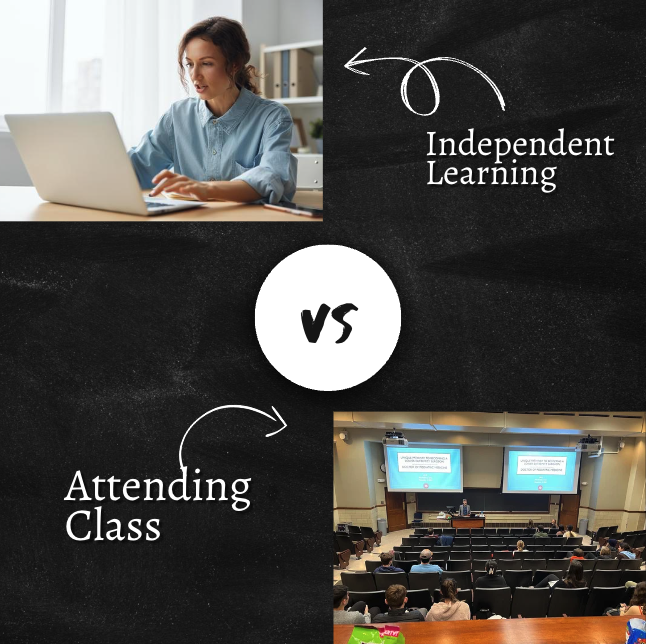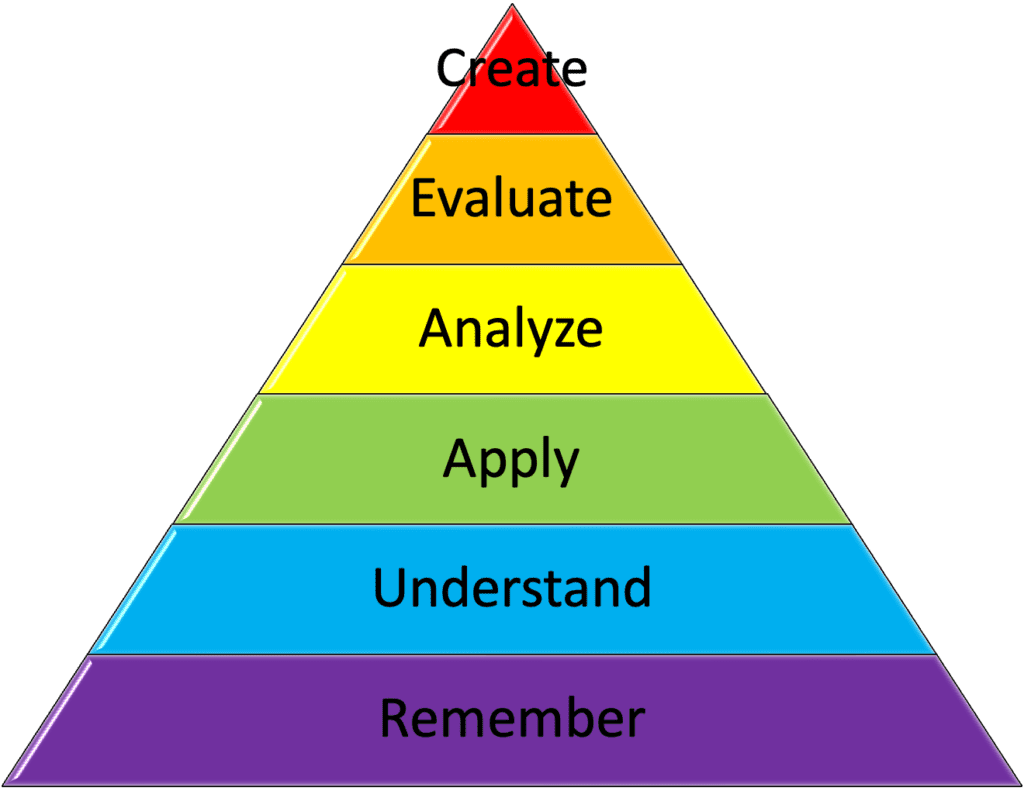Higher education is a transformative journey marked by critical decisions, and one recurring dilemma for students is whether to attend classes consistently or choose to miss class and study the content independently. In this blog post, we’ll unpack the benefits of attending classes in higher education versus the potential drawbacks of missing them.
The Benefits of Class Attendance in Higher Education:


-
- Structured Learning Environment: Regular class attendance provides students with a structured and organized learning environment. Professors carefully design their courses to unfold in a logical sequence, and attending classes ensures that students receive information in the intended order, facilitating better comprehension.
- Active Engagement: Attending classes fosters active engagement with the material. In-class discussions, group activities, and real-time Q&A sessions allow students to actively participate in their learning, enhancing their understanding of complex concepts.
- Immediate Clarification: The classroom setting offers a unique opportunity for students to seek immediate clarification on doubts or questions. Professors can provide on-the-spot explanations, ensuring that students don’t carry misconceptions forward.
- Building Relationships: Beyond the academic realm, attending classes allows students to build relationships with both their peers and professors. Networking within the educational community can lead to collaboration opportunities, study groups, and even mentorship with the faculty.
- Classroom Resources: Professors often share valuable resources during class, such as additional readings, practical tips, or insights that may not be available through course materials alone. Accessing these resources can deepen one’s understanding of the subject matter. Oftentimes educators share personal experiences that help to make the content relatable, and this may not be available through notes or textbooks alone.
The Drawbacks of Missing Classes:


-
- Missed Content: The most obvious drawback of missing classes is the risk of missing important content. Professors may cover material in class that is not available in textbooks or online resources, putting absent students at a disadvantage.
- Lack of Accountability: Regular class attendance helps establish a sense of accountability. When students miss classes, they may fall behind on assignments or neglect to study adequately, leading to a negative impact on their academic performance.
- Limited Interaction: Classroom interactions provide a platform for students to share ideas, challenge each other’s perspectives, and engage in collaborative learning. Missing classes deprives students of these valuable interactions, limiting their exposure to diverse viewpoints.
- Reduced Motivation: Attending classes can serve as a motivational factor. The structured routine of attending classes keeps students focused on their academic goals and can contribute to a more disciplined approach to learning.
Are There Benefits to Skipping Class in Higher Education?!?
-
- You need a mental health day: The rigors of higher education can be difficult at times, and on occasion, a student may require a mental health day. I think it’s important to remember that a sick day can be both physical as well as mental. If you decide to take a mental health day, make sure to be productive- exercise, meditate, spend time with family, or anything else that brings you relaxation.
- You need to catch up: Let’s face it, we all start the semester with good intentions in terms of staying up to date on course material. As content builds up and exams set in, it’s easy to slip into survival mode. Once you’re able to catch up with your course material, it’s advisable to return to class so that you don’t continue this habit.
- Going to class isn’t worth your time: This is somewhat of a controversial statement, but the responsibility of keeping the students engaged and promoting an active learning environment falls on the shoulders of the professor. As educators, it is our job to ensure that classes remain engaging, fostering an environment that stimulates curiosity and active participation among students.
Conclusion:
In the ongoing debate between attending classes and taking the occasional day off, it’s evident that there are substantial benefits to regular attendance. However, it’s crucial to acknowledge that each student’s journey is unique, and individual circumstances may warrant occasional absences. Striking a balance between attending classes and managing personal well-being is key to a successful higher education experience for our students.
Comment below on the pros and cons of attending classes in higher education.


Leland Jaffe DPM, FACFAS
Associate Professor and Dean
Podiatric Foot and Ankle Surgeon
North Chicago, Illinois







